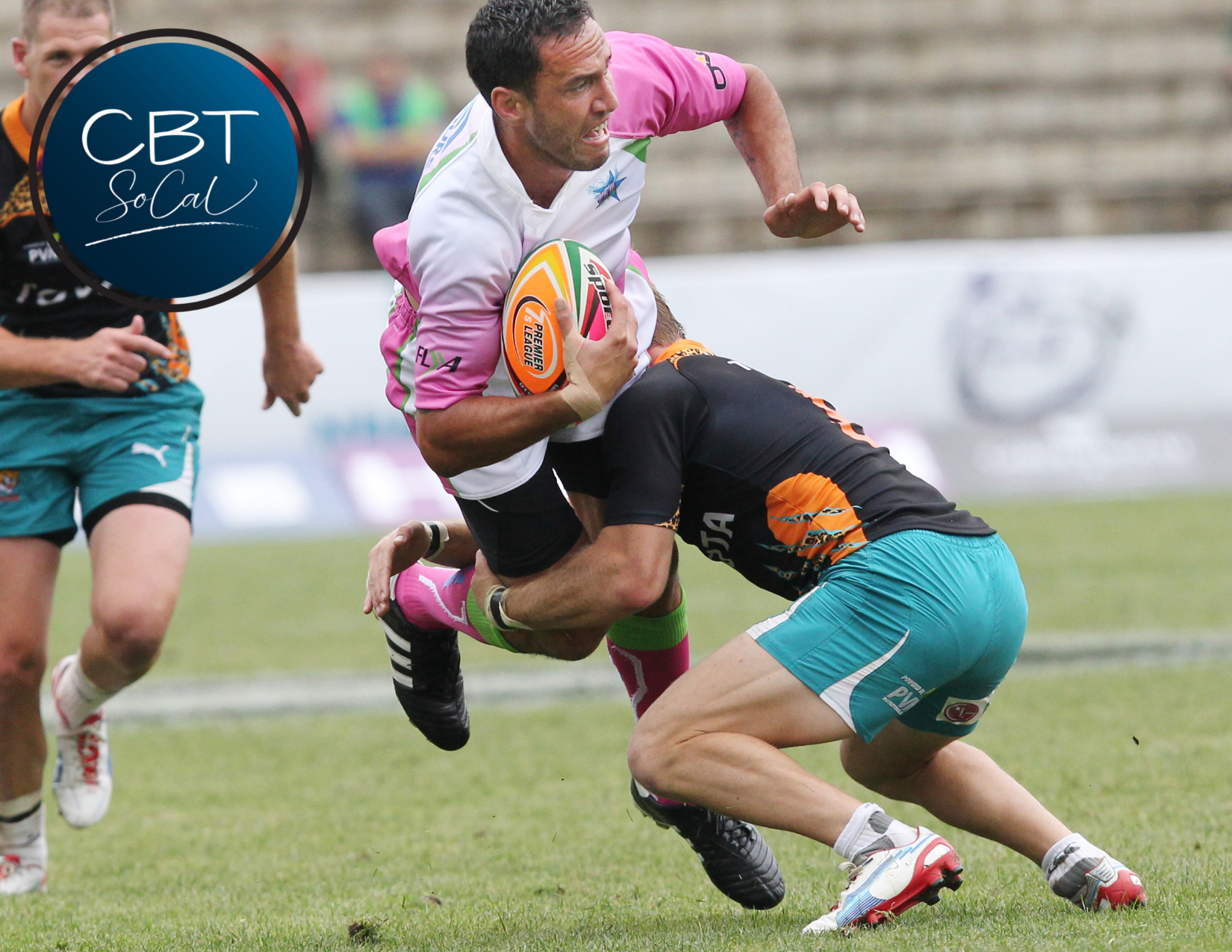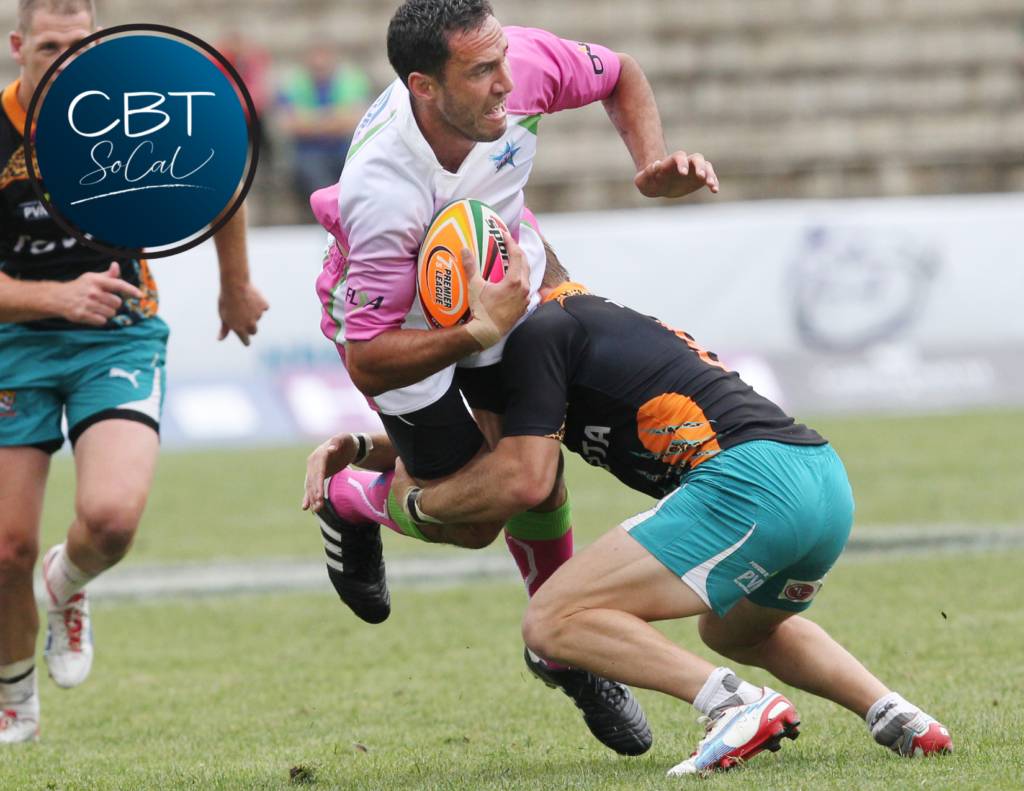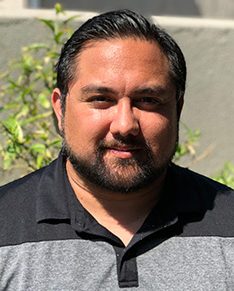Common myths about concussions that can affect an athlete’s mental health


Suffering a concussion is always a scary experience. Many athletes are justifiably concerned about the long-term health of their brain and how a brain injury, such as a concussion, can impact their functioning later in life. Therefore, it is helpful to understand the facts and common myths related to concussions. The American Psychological Association (APA) reviewed the facts and myths related to concussions in the APA Handbook of Sport and Exercise Psychology, Volume 1: Sport Psychology, which will be discussed in this article.
How does a concussion impact mental health?
It is common for individuals to have at least some increase in emotionality (e.g., sadness, anxiety, and or irritability) following a concussion. About 50% of adolescent athletes report some emotional symptoms and about 20% of collegiate athletes displayed symptoms of depression following concussions. Furthermore, a subset of people who suffer concussions go onto to develop mental health issues such as post traumatic stress disorder, panic disorder, generalised anxiety disorder, and substance abuse disorder.
What helps to cope with a concussion?
Evidence suggests that passive or avoidant forms of coping such as venting, denial, self-blame, and behavioral dis-engagement lead to higher rates of post concussive symptoms, whereas active coping involving problem solving, planning, and communicating lead to healthier outcomes.
What are common myths related to concussions?
Myth: Concussions only result from direct impact to the head and only occur in contact sports.
Fact: Concussions can be caused even if the head is not directly hit. For example, concussions can be caused when whiplash occurs and the head is swung at a high velocity.
Myth: Helmets and protective gear prevent concussions.
Fact: Helmets prevent skull fractures and lacerations but do not protect against concussions.
Myth: Following a concussion, someone should stay awake for the next 24 hours.
Fact: Before modern technology allowed medical professionals to use advanced neuro-imaging to assess the severity of the brain injury, people with concussions were often woken every hour for assessment. This was done to assess the severity of the injury and to check if the person had slipped into a coma. Now, medical professionals properly trained in treating concussions understand that sleeping after a concussion is necessary and healthy.
Myth: Concussions result in long-term or even permanent consequences.
Fact: Most people experience a full recovery from a concussion in 2 to 3 weeks, and only 3 percent of people experience symptoms longer than a month.
Myth: All you can do to treat a concussion is rest.
Fact: Concussions can be treated by competent professionals using physical therapy, vestibular or vision therapy, and prescribed aerobic or physical exertion.
Suffering a concussion is always stressful. However, differentiating the facts from the myths can provide reassurance and help guide your choices as you recover and return to play. If you are interested in learning more about how a mental health and sport psychology professional can help an athlete recovering from a concussion, contact us to schedule a free phone consultation.

Dr. Jason von Stietz specializes in Cognitive Behavior Therapy and Sport/Performance Psychology in Torrance, CA. He provides online therapy (telehealth) by way of the Torrance office and is available for a free initial phone consultation. Dr. von Stietz works with individuals from Long Beach, the greater Los Angeles area, and the South Bay including Palos Verdes, Redondo Beach, Hermosa Beach, Manhattan Beach, El Segundo and all over California.




